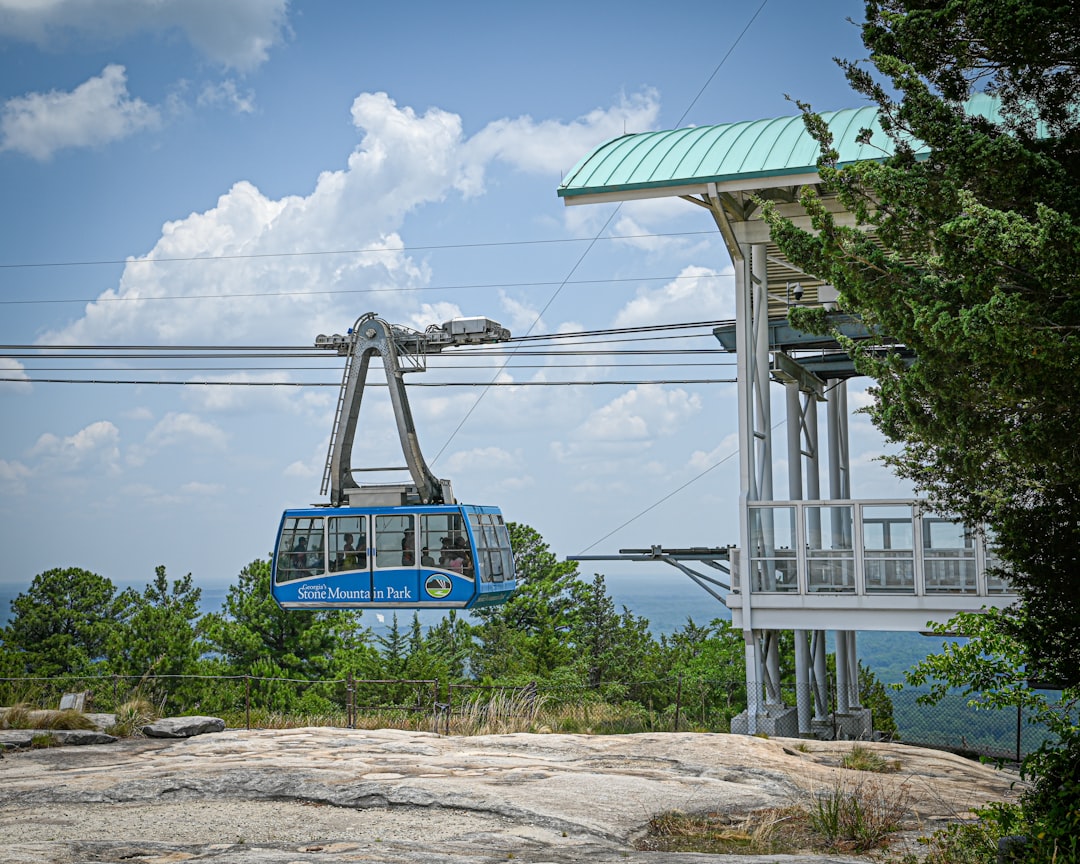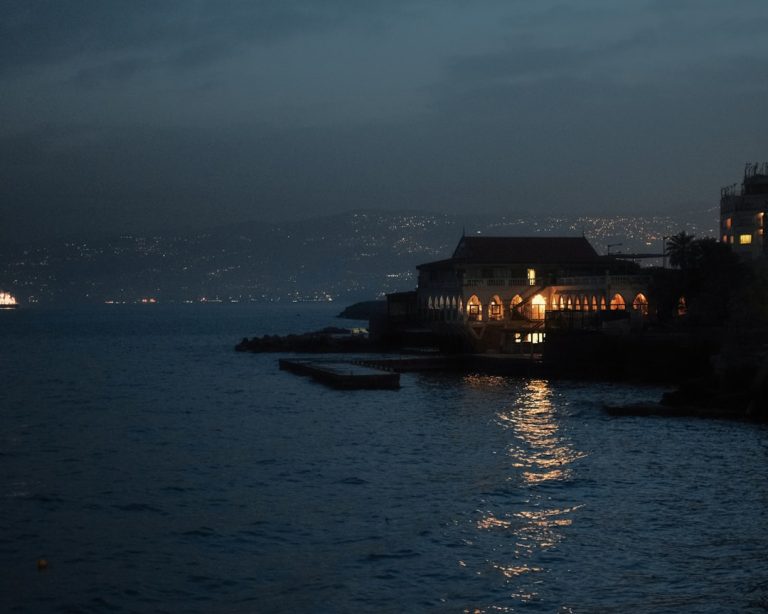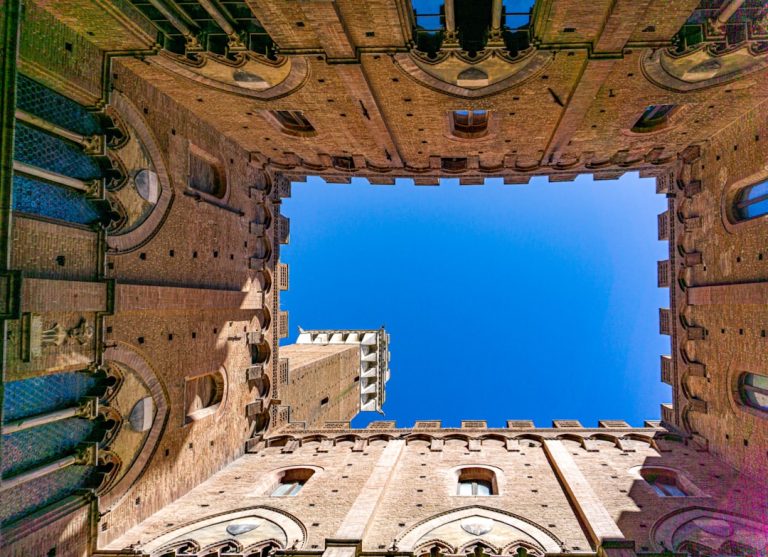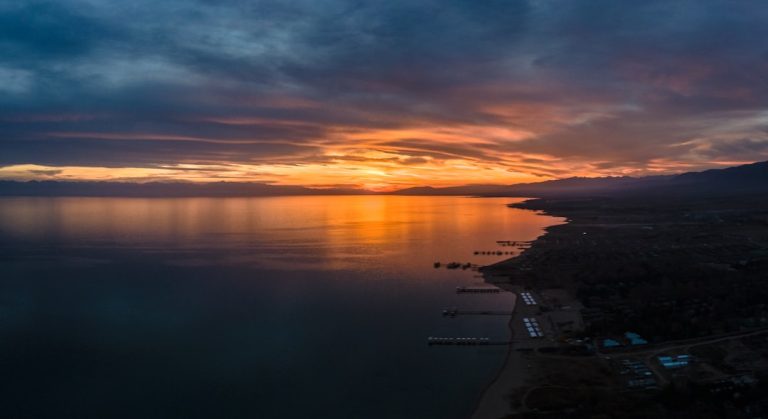
Georgia, a country nestled at the crossroads of Eastern Europe and Western Asia, boasts a rich tapestry of history, culture, and natural beauty. Bordered by the Black Sea to the west, Russia to the north, Azerbaijan to the southeast, and Armenia and Turkey to the south, Georgia is a land of diverse landscapes and vibrant traditions. Its capital, Tbilisi, is a melting pot of influences, where ancient architecture coexists with modern design, reflecting the country’s complex past and dynamic present.
The unique geographical position of Georgia has made it a significant cultural and trade hub throughout history, attracting various civilizations and leaving an indelible mark on its identity. The Georgian language, one of the oldest in the world, is a testament to the country’s rich heritage. The script itself is distinctive and beautiful, adding to the allure of the culture.
Georgia is renowned for its warm hospitality, often encapsulated in the phrase “a guest is a gift from God.” This ethos permeates everyday life and is particularly evident in the traditional feasts known as “supra,” where food, wine, and heartfelt conversations flow freely. As travelers venture into this enchanting land, they are greeted not only by stunning landscapes but also by a people whose warmth and generosity are as captivating as their history.
Key Takeaways
- Georgia is a country located at the crossroads of Eastern Europe and Western Asia, known for its rich history, diverse culture, and stunning natural landscapes.
- Historical and cultural sites in Georgia include ancient churches, fortresses, and cave cities, showcasing the country’s unique architectural and historical heritage.
- Visitors can explore natural wonders such as the Caucasus Mountains, Black Sea coastline, and lush national parks, offering opportunities for hiking, skiing, and wildlife watching.
- Georgian cuisine is renowned for its flavorful dishes, including khachapuri (cheese-filled bread) and khinkali (dumplings), as well as local wines and traditional feasts.
- Festivals and events in Georgia celebrate music, dance, and religious traditions, with highlights including the Tbilisi Jazz Festival and the colorful Tbilisoba celebration.
- When traveling in Georgia, it’s important to respect local customs, dress modestly when visiting religious sites, and be prepared for varying weather conditions, especially in mountainous regions.
Historical and Cultural Sites
Georgia’s historical and cultural sites are a treasure trove for those interested in exploring its rich past. One of the most iconic landmarks is the ancient city of Mtskheta, a UNESCO World Heritage site that served as the capital of Georgia during the early medieval period. The city is home to several significant churches, including the Svetitskhoveli Cathedral, which is believed to house the robe of Christ.
The cathedral’s stunning architecture and intricate frescoes draw visitors from around the globe, eager to witness its spiritual significance and historical importance. Another remarkable site is the cave city of Uplistsikhe, which dates back to the early Iron Age. Carved into rock, this ancient settlement showcases a fascinating blend of pagan and Christian architecture.
Visitors can wander through its labyrinthine tunnels and chambers, marveling at structures such as the ancient theater and various temples. The panoramic views from Uplistsikhe are equally breathtaking, offering a glimpse into the natural beauty that surrounds this historical gem. Each stone tells a story, making it an essential stop for anyone wishing to understand Georgia’s complex narrative.
In addition to these sites, the fortress of Narikala in Tbilisi stands as a sentinel over the city. Dating back to the 4th century, this fortress has witnessed countless battles and changes in power. A cable car ride to its summit provides not only an exhilarating experience but also stunning views of Tbilisi’s skyline and the Kura River below.
Natural Wonders and Outdoor Activities

Georgia’s diverse landscapes offer an array of natural wonders that beckon outdoor enthusiasts. The Greater Caucasus mountain range stretches across the northern part of the country, providing breathtaking vistas and numerous opportunities for adventure. One of the most popular destinations within this region is Kazbegi National Park, home to Mount Kazbek, one of the highest peaks in Georgia.
Hikers can embark on trails that lead to stunning viewpoints, including the iconic Gergeti Trinity Church perched on a hilltop with Mount Kazbek as a backdrop. The combination of rugged terrain and serene beauty makes this area a paradise for trekkers and nature lovers alike. In addition to hiking, Georgia offers excellent opportunities for skiing in winter months.
Resorts such as Gudauri have gained popularity among both locals and tourists for their well-maintained slopes and stunning alpine scenery. The region’s unique microclimate ensures ample snowfall, making it an ideal destination for skiing and snowboarding enthusiasts. Beyond winter sports, summer activities abound as well; visitors can engage in paragliding, mountain biking, or simply enjoy leisurely walks through lush valleys adorned with wildflowers.
The country’s diverse ecosystems extend beyond mountains; it also boasts beautiful coastlines along the Black Sea. Batumi, a vibrant coastal city, offers sandy beaches and a lively promenade lined with cafes and restaurants. The Adjara region is known for its subtropical climate and lush greenery, making it perfect for hiking along scenic trails that lead to waterfalls and panoramic viewpoints.
The combination of mountains and sea creates an unparalleled environment for outdoor activities that cater to all preferences.
Culinary Delights and Local Cuisine
| City | Specialty Dish | Popular Ingredients | Local Market |
|---|---|---|---|
| Paris | Coq au Vin | Chicken, red wine, mushrooms | Rue Mouffetard Market |
| Tokyo | Sushi | Rice, fish, seaweed | Tsukiji Fish Market |
| Mexico City | Tacos al Pastor | Pork, pineapple, cilantro | La Merced Market |
Georgian cuisine is a reflection of its rich cultural heritage and diverse influences from neighboring regions. Central to Georgian dining is khachapuri, a cheese-filled bread that comes in various regional styles. The Adjarian khachapuri is particularly famous; it features a boat-shaped bread filled with melted cheese topped with an egg and butter that diners mix together before indulging.
This dish exemplifies the hearty nature of Georgian food, which often emphasizes fresh ingredients and bold flavors. Another staple is khinkali, dumplings filled with spiced meat or vegetables that are typically enjoyed by hand. The art of eating khinkali lies in mastering the technique of holding them by their twisted tops while savoring their juicy filling without spilling any broth.
This communal aspect of dining fosters a sense of togetherness among friends and family during meals. Wine plays an integral role in Georgian culture, with the country being one of the oldest wine-producing regions in the world. The traditional method of winemaking involves fermenting grapes in large clay vessels called qvevri buried underground.
This ancient practice not only preserves the unique flavors but also connects modern winemakers with their ancestors. Visitors can explore vineyards in regions like Kakheti, where they can taste exquisite wines while learning about the history and techniques behind this time-honored craft.
Festivals and Events
Georgia’s vibrant culture comes alive through its numerous festivals and events that celebrate everything from music to food to traditional crafts. One of the most significant events is Tbilisi’s Art Festival, which showcases local artists across various mediums including visual arts, theater, and music. This festival transforms the capital into a hub of creativity where both established artists and emerging talents come together to share their work with an enthusiastic audience.
Another notable celebration is the Rtveli harvest festival held in autumn across rural areas of Georgia. This event marks the grape harvest season and is characterized by communal gatherings where families come together to pick grapes, make wine, and enjoy traditional feasts. The atmosphere is filled with laughter, music, and dance as communities celebrate their agricultural heritage while indulging in delicious food and wine.
In addition to these festivals, Georgia hosts various cultural events throughout the year that highlight its rich folklore traditions. The annual Tbilisi Jazz Festival attracts international musicians who perform alongside local talent in an electrifying atmosphere that celebrates jazz music’s global influence. These events not only entertain but also foster a sense of pride among Georgians for their cultural heritage while inviting visitors to partake in their vibrant traditions.
Tips for Traveling in Georgia

Traveling in Georgia can be an enriching experience if one is well-prepared for its unique cultural landscape. First and foremost, learning a few basic phrases in Georgian can go a long way in connecting with locals who often appreciate efforts made by visitors to speak their language. While many Georgians speak English, especially in urban areas, rural communities may have limited proficiency.
Transportation within Georgia is relatively straightforward; however, understanding local customs can enhance your journey. Marshrutkas (minibuses) are a popular mode of transport for intercity travel due to their affordability and frequency. It’s advisable to arrive early at marshrutka stations as they tend to fill up quickly during peak travel times.
When exploring rural areas or engaging in outdoor activities, it’s essential to respect local customs and traditions. For instance, when visiting churches or monasteries, modest attire is expected; women should cover their heads while men should avoid wearing shorts. Additionally, being mindful of local etiquette during meals—such as waiting for the toastmaster during supras—can enrich your experience.
Lastly, embracing spontaneity can lead to unexpected adventures in Georgia. The country’s charm lies not only in its well-known attractions but also in its hidden gems found off the beaten path. Engaging with locals can provide insights into lesser-known sites or experiences that may not be highlighted in travel guides but are equally rewarding.
Each aspect contributes to an unforgettable journey through this enchanting country at the crossroads of civilizations.
If you’re interested in exploring more about various places and their unique characteristics, you might find the article on Washington Facts and Places to Visit quite enlightening. Similar to the comprehensive details provided in the Georgia Facts, Places, and Sights article, this piece offers a deep dive into Washington’s rich history, iconic landmarks, and cultural attractions. Whether you’re planning a visit or just curious about what makes Washington special, this article serves as a great resource to expand your knowledge about different U.S. states and their notable features.
FAQs
What are some interesting facts about Georgia?
– Georgia is known as the Peach State because of its reputation for producing the highest quality fruit.
– The state of Georgia was named after King George II of England.
– Georgia is the largest state east of the Mississippi River.
– The state’s official bird is the brown thrasher, and the official flower is the Cherokee rose.
What are some popular places to visit in Georgia?
– Atlanta: The capital city of Georgia, known for its rich history, diverse culture, and vibrant arts scene.
– Savannah: A charming coastal city with historic architecture, cobblestone streets, and beautiful parks.
– Stone Mountain: Home to the largest exposed granite dome in North America and a popular tourist attraction.
– Augusta: Famous for hosting the Masters golf tournament and its beautiful Riverwalk along the Savannah River.
What are some must-see sights in Georgia?
– The Georgia Aquarium: One of the largest aquariums in the world, featuring a wide variety of marine life.
– The Okefenokee Swamp: A unique ecosystem with diverse wildlife, including alligators, birds, and plants.
– Callaway Gardens: A stunning resort and gardens with beautiful landscapes, walking trails, and recreational activities.
– Jekyll Island: A picturesque barrier island with pristine beaches, historic sites, and outdoor recreational opportunities.



